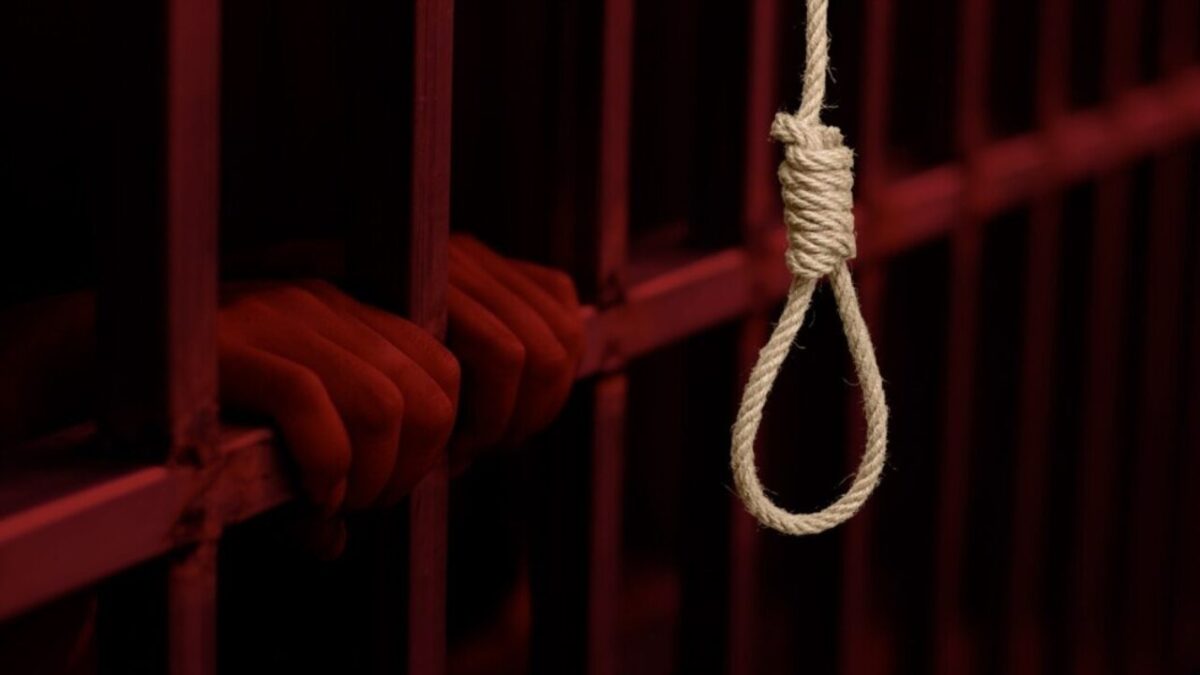Iran has executed 20 Afghan citizens on various charges over the past seven months, according to the Iran Human Rights Organization.
A report by the organization indicates that at least 300 people have been executed in Iranian prisons during this period. Among them were 15 women, 42 ethnic Baluchis, 20 Kurds, and 20 Afghan citizens.
The report reveals that 172 of the 300 documented executions were related to drug offenses.
The organization has expressed concern over the increasing number of executions in Iran and has called on the international community and public opinion to pay attention to the conditions in Iranian prisons and the nature of the executions.
Mahmood Amiry-Moghaddam, the head of the Iran Human Rights Organization, stated, “We are particularly worried about the new wave of executions of Kurdish civil activists and those sentenced to death for drug offenses in the coming weeks and months. The only way to stop this wave of executions is to increase the political cost through civil society protests and international pressure.”
The organization also noted that only 28 of the executions in the first seven months of this year were officially announced by Iranian government sources. The remaining 91 percent of executions were confirmed by the international human rights community and the United Nations through two independent sources.
The report details the following breakdown of the 300 recorded executions: 172 for drug offenses, 110 for murder (retribution in kind), and 15 for security-related charges, including waging war against God and other related offenses. Among those executed for security-related charges, five were accused of espionage for Israel, and five were Kurdish-Sunni political prisoners. Three executions were for sexual assault. At least 15 women were executed for drug-related crimes. The executed included 42 Baluchis, 20 Kurds, 20 Afghan nationals, and one Iraqi national.
Iran has been criticized for frequently sentencing Afghan citizens to death on various charges without transparent judicial proceedings.
Additionally, Afghan migrants in Iran have recently reported an increase in mistreatment by Iranian police and citizens. They claim that since the murder of an Iranian citizen in eastern Tehran, they have faced significant hostility and challenges.
Videos circulating on social media in the past week show residents of Tehran’s District 15 chanting anti-Afghan slogans during a protest and criticizing the Iranian government’s neglect of Afghan migrants.




